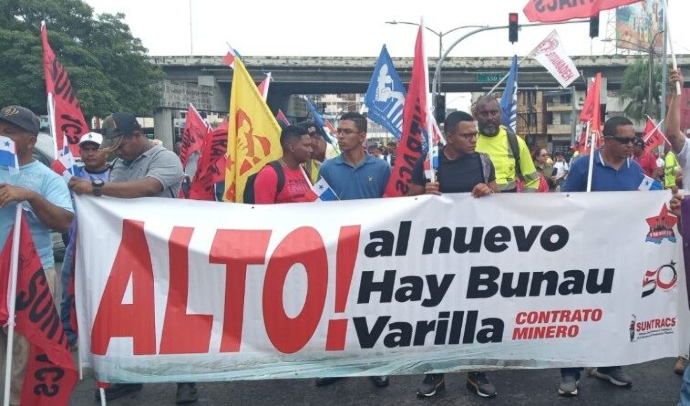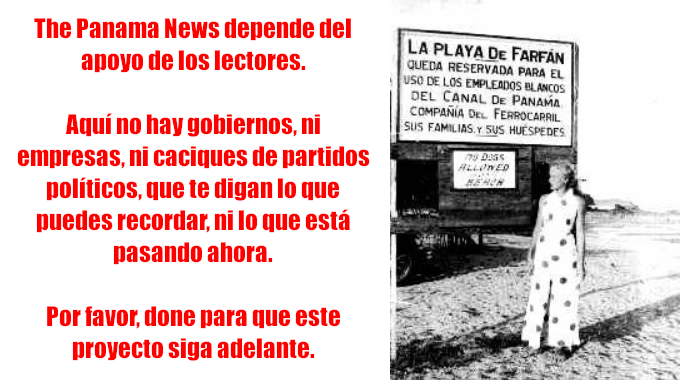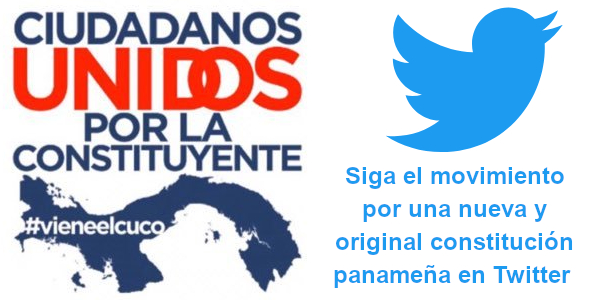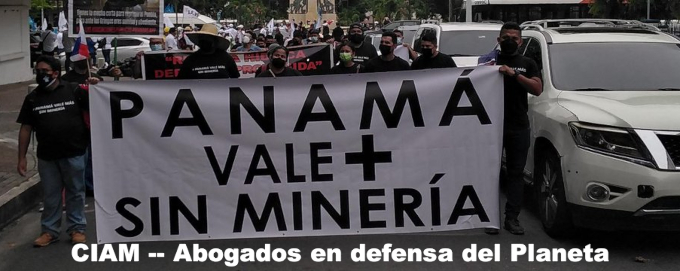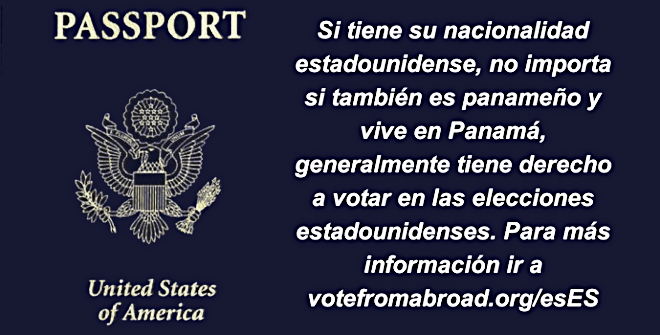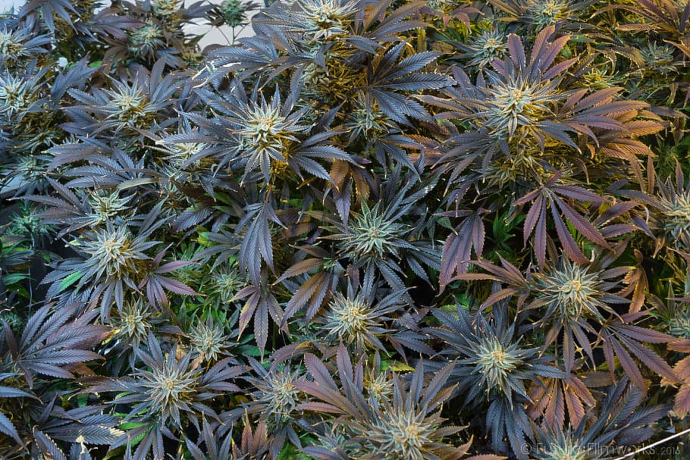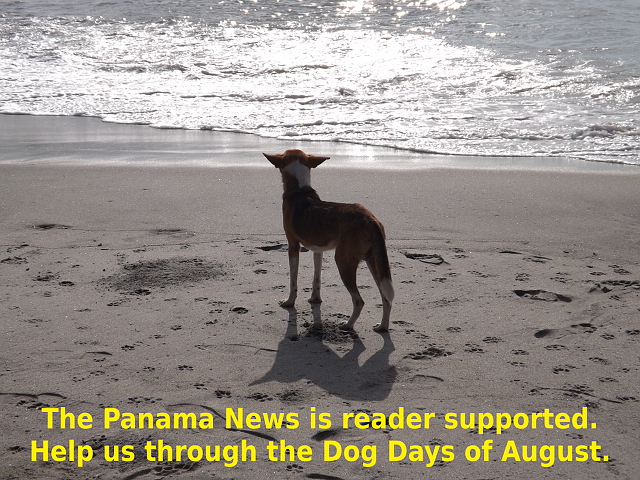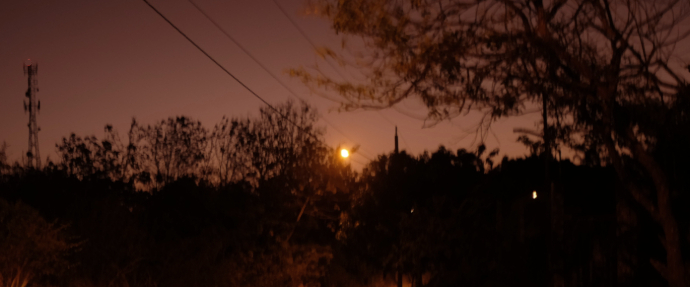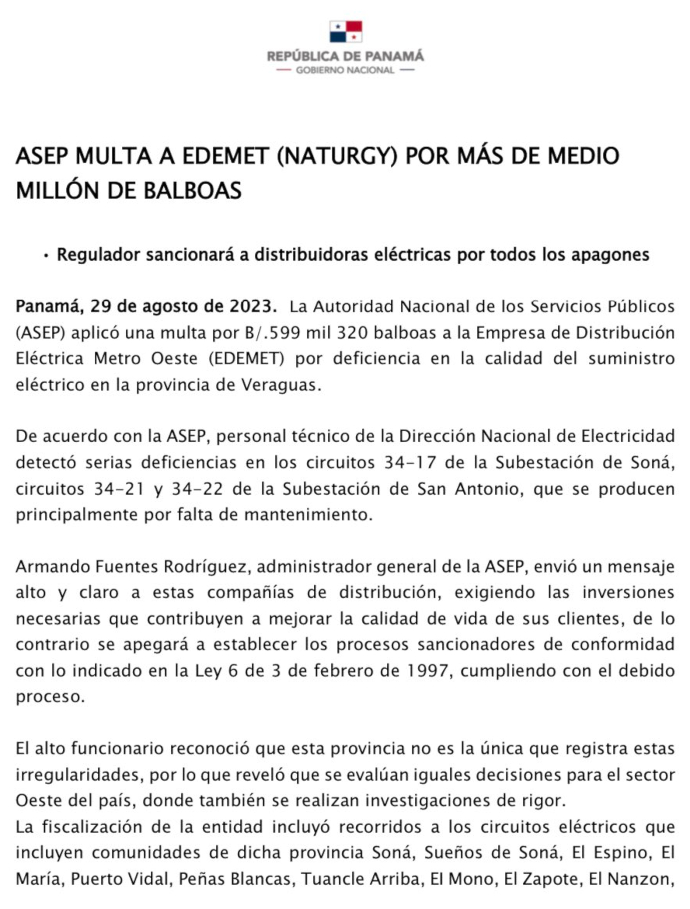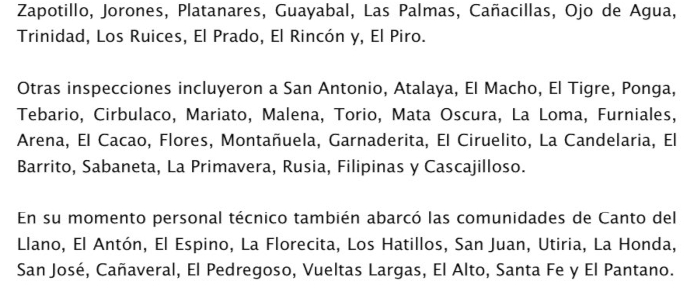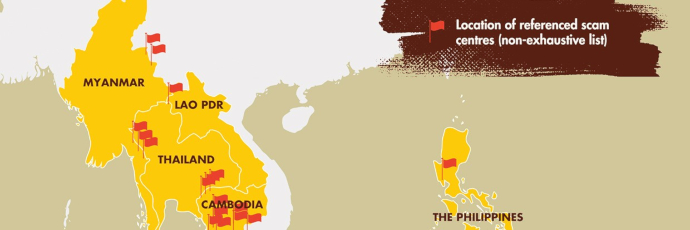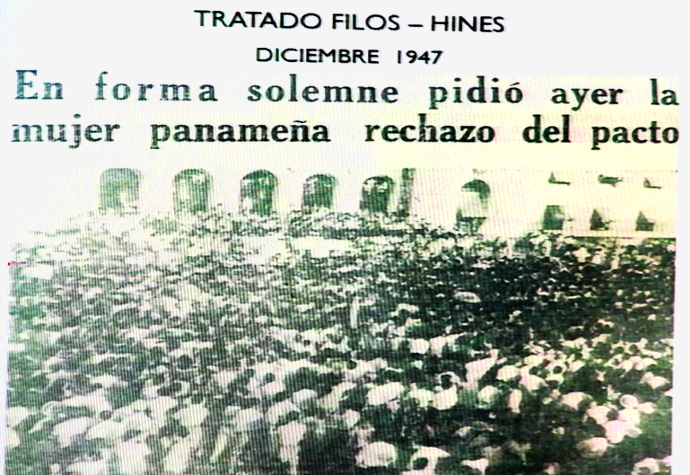Yesterday there were the first reports of the militant SUNTRACS construction workers’ union blocking traffic over the copper mine contract issue. We deal with working people who may have little formal education, but do have good senses of history and economic bottom lines. SUNTRACS photo.
The “Hay – Bunau-Varilla Treaty” of the 21st century
by Olmedo Beluche
Many people who have read the contract with the Minera Panamá company (First Quantum Minerals) have defined it as the “Hay – Bunau-Varilla Treaty” of the 21st century, alluding to the treaty by which the Canal Zone was imposed on us in 1903, by which the country saw its main resource for national sovereignty cut off. They are absolutely right to think so. More than a hundred years later, history repeats itself whereby a handful of “Panamanians,” in exchange for a few crumbs, give up almost in “perpetuity” (40 years and extendable) our sovereignty over the country’s main mineral resource.
This is a point at which, if we care to learn, the coming and going of events allows us to look at a present event in a way that we can understand another similar one that happened in the past — and vice versa. The past, when properly studied, helps us to understand what is happening in the present moment. This reflection that goes back and forth from the present to the past and back to the present shows that history is indeed useful for decision-making.
The mining contract under debate, like the Hay – Bunau-Varilla Treaty, is intended to be imposed without the Panamanian people, nor even the legislators, being able to change even a comma. As in 1903, when Theodore Roosevelt threatened Colombia with serious consequences if it refused to approve the treaty.
The consequence was the separation of Panama from Colombia by the force of US arms. Now this Canadian company — with Korean and Chinese stakeholders in the mix — is threatening international lawsuits that would be onerous for this country. For this reason, the current Cabinet Council approved the contract without conditions, and it expects the National Assembly to do so, as the Provisional Government Junta, chaired by José A. Arango, did with the treaty signed on November 18, 1903.
Then and now, a treaty that has been negotiated between “interested” parties in violation of any “conflict of interest” principle: in 1903, the treaty negotiators were interested parties (shareholders in the French canal company), William Cromwell and Philippe Buanu-Varilla, and the employees of the Railroad Company (managed by Cromwell), Manuel Amador Guerrero and José A. Arango. Now, negotiating on behalf of First Quantum, the Morgan y Morgan law firm, with government agents linked to the mining sector, such as Gaby Carrizo and Federico Alfaro Boyd (with relatives in Morgan y Morgan).
The Hay – Bunau-Varilla Treaty handed over thousands of square kilometers to the United States “as if they were sovereign” with the excuse of the construction and operation of the canal, with the “right” to dispose of the waters of the basin and to expropriate land, manage ports and produce electricity. Similar terms to those established in the currently proposed contract with Minera Panamá, giving it “rights” over land, water, ports and expropriation of land that they deem necessary. It only needs to say “as if they were sovereign.” But you don’t need to say that because it follows if the contract says that national authorities can only gain access the mine with permission from its managers.
As in 1903, many Panamanians are led to believe that thanks to this agreement we will live in prosperity and that money will rain down like manna to solve many problems such as the miserable pensions and the retirement program of the Insurance Fund. Social. Likewise, many believed that with the canal in the hands of the gringos we would bathe in wealth. The reality showed that the $250,000 that the gringos paid in annual rent was a crumb, not enough at all compared to the millions that they made off of the canal.
The inhabitants of the transit zone were led to believe that they would be the first beneficiaries of the canal in 1903, but then what they received was expropriation of their houses and lands, and expulsion from the Canal Zone starting in 1915. People lost everything in exchange for nothing
Now it’s the same. They sell to the inhabitants of Donoso and northern Coclé the idea that the mine will share its wealth with them. In the end they will be the most affected by pollution, deforestation and the loss of their rivers and lands.
In 1903 the entire Panamanian oligarchy, the business elite and the media unconditionally supported the Hay – Bunau-Varilla Treaty and accused those who opposed it of being “unpatriotic.” They pointed their fingers at Belisario Porras and Juan B. Pérez y Soto (whom they prevented from returning to the Isthmus), The Liberal guerrilla general Victoriano Lorenzo was shot a few months before and that was held out as a warning to those who opposed.
Today they accuse the workers, teachers, youth and students who oppose the mining agreement of being “communists” and send out the riot police to suppress them, while the rabiblanco media, APEDE, the Chamber of Commerce and the traditional parties salute First Quantum Minerals.
Although the contract with First Quantum (a/k/a Minera Panamá) is similar to the Hay – Bunau-Varilla Treaty, the outcome of the story does not have to be the same. We do not have to put up with a hundred years of abuse and national opprobrium.
Let’s take to the streets en masse to reject that leonine contract. We demand that the Panamanian people decide whether or not to approve the contract through a plebiscite. Let’s demand that this decision get out of the hands of the deputies of the National Assembly.
Contact us by email at fund4thepanamanews@gmail.com
To fend off hackers, organized trolls and other online vandalism, our website comments feature is switched off. Instead, come to our Facebook page to join in the discussion.
These links are interactive — click on the boxes

